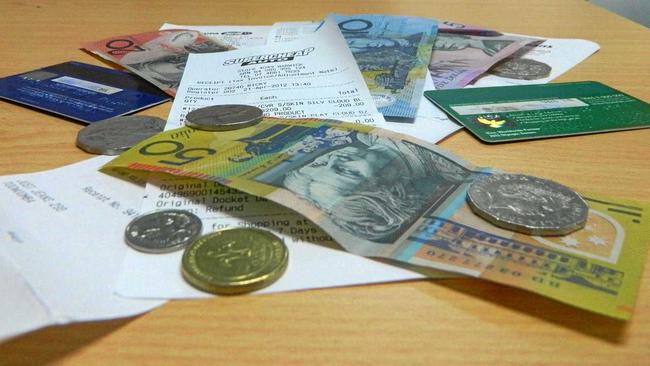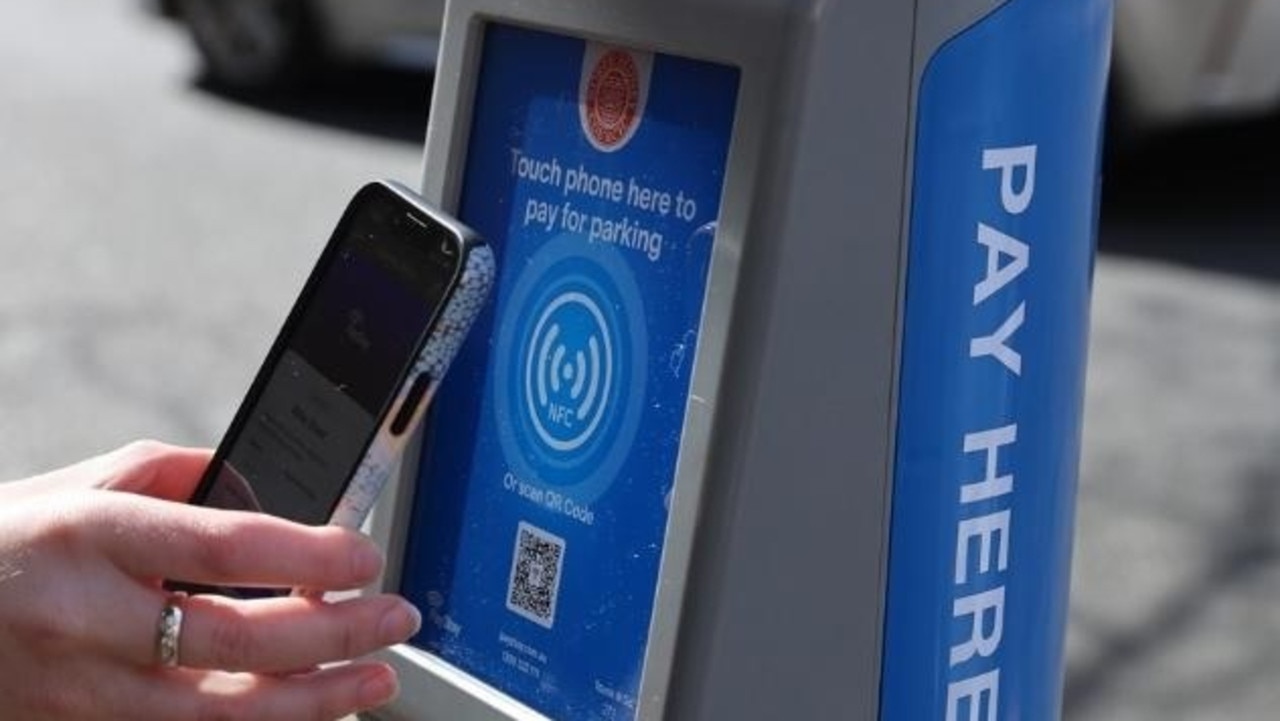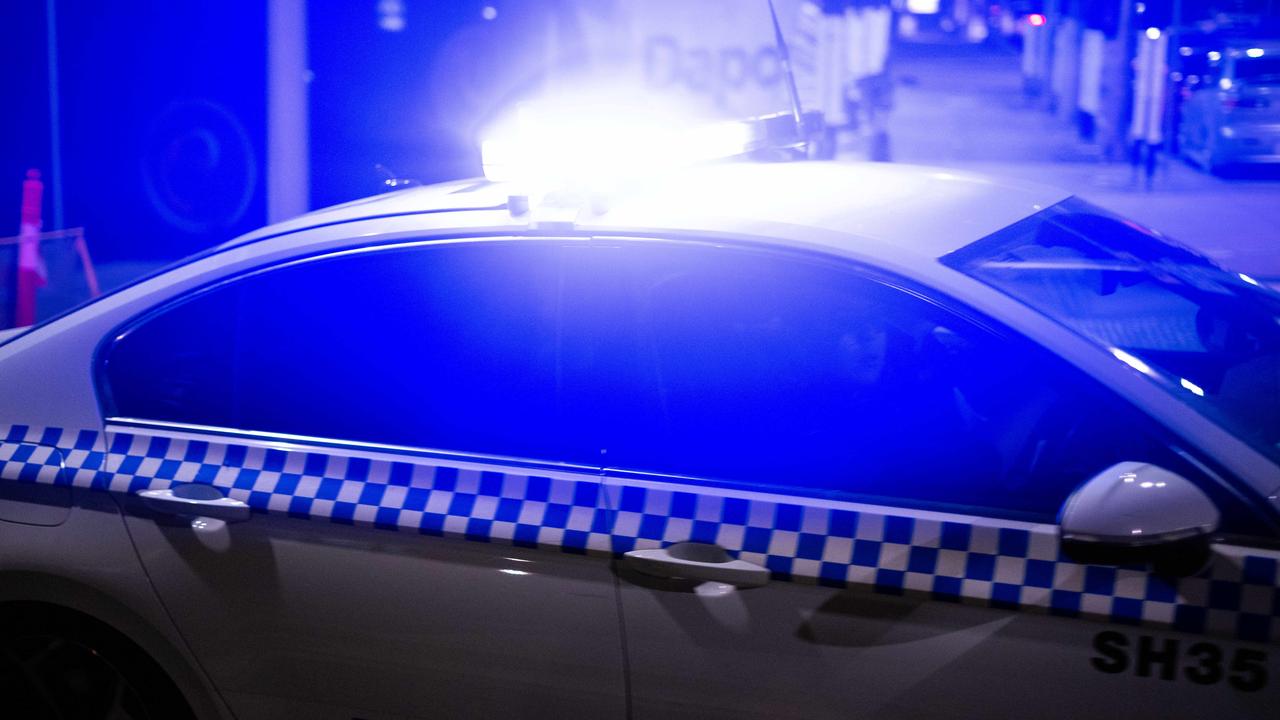JULY 1: The major changes coming that you need to know
We've done the hard work and compiled a list of the major changes you need to be on top of before July 1.

Coffs Harbour
Don't miss out on the headlines from Coffs Harbour. Followed categories will be added to My News.
THE financial year is coming to an end.
That means plenty of sales, filling out your tax return and a spate of changes, both financial and legal, that could affect you.
Instead of letting you trawl through the web, we've done the hard work and compiled a list of the major changes you need to be on top of before July 1.
ATO'S BIG TAX CRACKDOWN
The Australian Taxation Office is cracking down on the tax loophole they say some Aussies use to "deliberately hide income".
From July 1, unreported "cash in hand" payments made by employers to workers will not be tax deductible.
Payments made to contractors where the contractor does not supply an ABN and the business does not withhold any tax will also not be tax deductible from July 1.
Often a legitimate transaction used by businesses, the tax office says many employers are using cash transactions in an effort to pay less tax.
Assistant Commissioner Peter Holt said the change aimed to rein in the "black economy" or unrecorded economic activity.
"It's fairly straightforward: do the right thing and you can claim a deduction. Deliberately do the wrong thing and you'll miss out on a deduction and risk being penalised," he said.
MAJOR CHANGES TO SUPER
Perhaps one of the biggest financial shake-ups to come in on July 1 involves recommendations put forward from the Productivity Commission Review about superannuation funds.
Here are how the now legislated changes could impact you:
- Closure of inactive super accounts with a low balance: If you have one of these, you could be at risk of having your account shut down and transferred to government operated super fund MyGov.
- Insurance policy cancellation for inactive accounts: If your account has not received any contributions for a continuous period of 16 months, then your default total and permanent disability and income protection insurance will be cancelled, no matter the balance.
- Low balance account fee cap: Fees will be capped at three per cent per annum for accounts with a balance of $6000 or less.
- Exit fee ban: All exit fees are being banned, so you will no longer be charged for switching super funds.
Contact your super fund if you have any concerns or queries regarding the above changes and to find out what steps you can take. Also, be sure to read all communication sent to you by your fund.
SINGLE TOUCH PAYROLL
The ATO is urging all employers with 19 employees or less to get on board and start reporting through Single Touch Payroll from July 1.
STP is part of the tax office's plan to digitise and streamline tax and super reporting and make it part of doing business, while offering greater visibility of employee's super.
Most employers with 20 or more employees should have already started reporting their employees' salaries and wages, pay as you go withholding and superannuation information to the ATO each payday.
Visit: www.ato.gov.au/stp for more information.
PAYROLL TAX RELIEF
The Queensland government will raise the payroll tax threshold from $1.1 million to $1.3 million from July 1, giving relief to an estimated 1500 businesses.
INCOME TAX RELIEF IN LIMBO
The Coalition's income tax cuts include a three-stage $158 billion plan which has not passed parliament yet.
If passed, low and middle-income earners will have their tax reduced by up to $1,080 for single earners or up to $2,160 for dual income families, after lodging their tax returns as early July 1.
While Labor backs the first stage of the plan aimed at low and middle income earners, due to come in from July 1, the sticking point is stage three that doesn't come in until 2024.
The Australian Taxation Office has said it can retrospectively amend tax assessments to provide cuts if the laws passed after June 30. The new parliament is set to convene on July 2.
TOUGHER BLUE CARD LAWS
The Queensland Government has overhauled its working with children check system, adding 15 more crimes to the list of disqualifying offences when applying for a Blue Card.
Under legislation that implements the recommendations of the Royal Commission into Institutional Responses to Child Sexual Abuse, bestiality, kidnapping of a child, kidnapping for ransom of a child, child stealing and abduction of a child under 16 have been included as disqualifying offences under the Working with Children Act.
"The Government has also chosen to include murder of an adult and rape of an adult as disqualifying offences, as well. Murder of a child and sexual offences against children are already on the list of disqualifying offences," Justice Minister Yvette D'Ath said.
"Torture of a child, attempt to commit rape of an adult, assault with intent to commit rape of an adult, cruelty to children under 16, trafficking in children and domestic trafficking in children will also be added to the disqualifying offences list."
The changes to disqualifications should begin on July 1.
FAMILY TAX BENEFIT CHANGES
Changes are coming to the two-part payment that helps with the cost of raising children.
The Family Tax Benefit Part A higher income free area will increase from $94,316 to $98,988 on July 1.
After this change, there are no expected increases again until July 1, 2021.
There are no expected increases to the FTB Part B primary earner income limit until July 1, 2021.
QUEENSLAND'S WASTE LEVY
A Queensland waste levy will begin on July 1 as part of the State Government's strategy to cut the amount of waste we generate and grow the resource recovery and recycling industry.
All commercial waste generated by businesses in the Mackay region will incur a $75 per tonne levy from Monday.
The levy will not affect the cost of residents putting out their kerbside wheelie-bins.
NEW DRONE RULES
From next month, all Australian drone users need to obtain a "flyer's licence" and register their devices under new rules being introduced.
The new registration and licences schemes for drones in Australia have been put forward by the Civil Aviation Safety Authority, and mean those wanting to fly a drone weighing more than 250 grams will have to be accredited.
This can be obtained by completing a 15-minute online course that involves watching a video and completing a quiz.
PENALTY RATES AND MINIMUM WAGE
A three per cent increase to the minimum wage takes it to $740.80 per week or $19.49 per hour from the first full pay period starting on or after July 1.
Some Sunday penalty rates will also change for those on hospitality and retail awards.
REGIONAL POWER BILL CHANGES
Power bills are set to fall in regional Queensland by up to $144 a year.
The Queensland Competition Authority says the average household customer should see a $62 saving on their annual bill and small businesses should save $144 thanks to new prices set by the body.
"The notified prices in our final determination should see many residential and small business customers in regional Queensland paying less for their electricity," the organisation said.
It means a typical resident in regional Queensland on the most common residential tariff (Tariff 11) will receive a bill for $1336 instead of $1398 - a 4.4 per cent decrease.
A typical small business on the main flat rate tariff (Tariff 20) will receive a bill of $2347 instead of $2491 - a 5.8 per cent fall.
Premier Annastacia Palaszczuk said it was good news for the second consecutive year.
"Bills fell this year and will fall again from 1 July, meaning all up over two years a typical small business will have saved $230 and a typical household, $82," she said.
"I know it will be welcome news because every dollar counts when it comes to the cost of living."
PROPERTY CHANGES
From June 30 in Queensland, a new land tax foreign surcharge of 2 per cent will apply to foreign companies and trustees of foreign trusts that own land.
An absentee surcharge will increase from 1.5-2 per cent and will apply to foreigners who own land but do not live in Australia.
Australian citizens and Australian permanent residents holding permanent visas living, working or travelling overseas for an extended period will also no longer be assessed as absentees.
Let us know if we've missed anything from this list. Email news@dailymercury.com.au
Originally published as JULY 1: The major changes coming that you need to know


